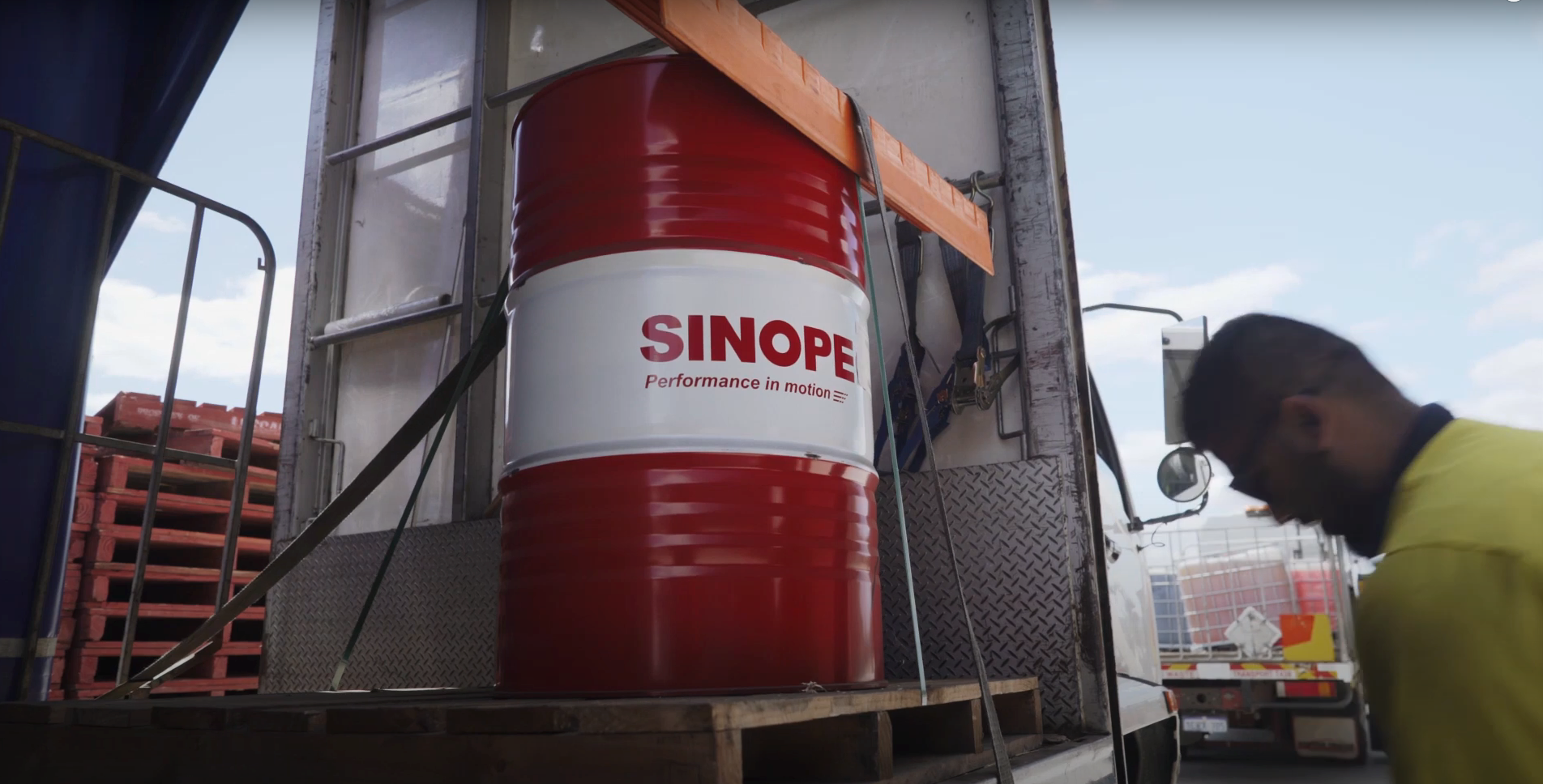The $11bn gas pipeline across the Baltic Sea, owned by Russia’s state-backed energy giant Gazprom, runs from western Siberia to Germany, doubling the capacity of the already-in-use Nord Stream 1 pipeline.
While Germany has maintained it is solely a commercial project, Nord Stream 2 also has geostrategic consequences, bypassing Ukraine and potentially depriving it of the approximately $2bn in transit fees Russia currently pays to send gas through its territory.
“It is clear that there will be a high cost and that all this will have to be discussed if there is a military intervention against Ukraine,” Scholz said at a news conference with NATO Secretary General Jens Stoltenberg.
On January 13, the US Senate failed to pass a bill sponsored by Republican Senator Ted Cruz to slap sanctions on Nord Stream 2.
The administration of US President Joe Biden had lobbied Republican senators against the bill, fearing its effect on US-German relations and the possibility that it could further antagonise Russia amid the Ukraine crisis.
















